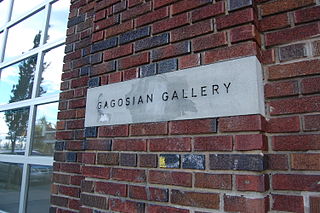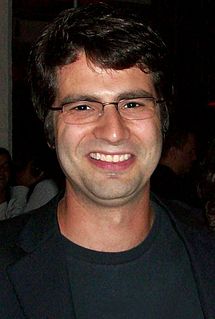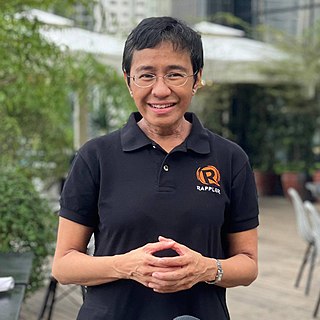A Quote by Sal Khan
It's an old idea. It's arguably the first way that people learn, that, hey, if you need to learn something, if you're having trouble with it, keep working on it until you master it and then you go to a more advanced concept. But in the education systems that all of us grew up in, we all learned at a fixed pace.
Related Quotes
We all have to strive to learn what motivates us, learn from our experiences, and what feels right and what feels wrong. There's a strong component over the years to having formal processes that help to identify lessons that need to be learned, and actions that need to be taken. In other words, how do you find the big idea?
The paradox of the human condition is expressed more in education than elsewhere in human culture, because learning to learn has been and continues to be Homo Sapiens' most formidable evolutionary task... It must also be clear that we will never quite learn how to learn, for since Homo Sapiens is self-changing, and since the more culture changes the faster it changes, man's methods and rate of learning will never quite keep pace with his need to learn.
I've had people say to me, "Well, how do I start collecting artworks?" Well, you start by buying. Buy what you like, buy what you can afford - and I'm not just saying that because I'm a dealer. You can't be so paralyzed to where you keep saying, "I've got to learn more." The best way to learn is to go home and actually put something on the wall. Then you've got an investment. Then you're living with it. Then you're in the game.
When you learn to read and write, it opens up opportunities for you to learn so many other things. When you learn to read, you can then read to learn. And it's the same thing with coding. If you learn to code, you can code to learn. Now some of the things you can learn are sort of obvious. You learn more about how computers work.
Every time my cameras go out on a movie, we learn something new and then we take what we learn and we put it into the next generation of the cameras so we're constantly improving. It's kind of like building a race car, racing it, then running back to the shop and working on the engine some more and tinkering with it to improve it.
Preschool kids learn best when exploring, but kids in school learn best when they do things, interacting with a master. Unfortunately, our schools don't do much of either. Also, kids do need to learn how to deal with technology, and online education and otherwise using electronic devices as learning tools facilitates that.



































